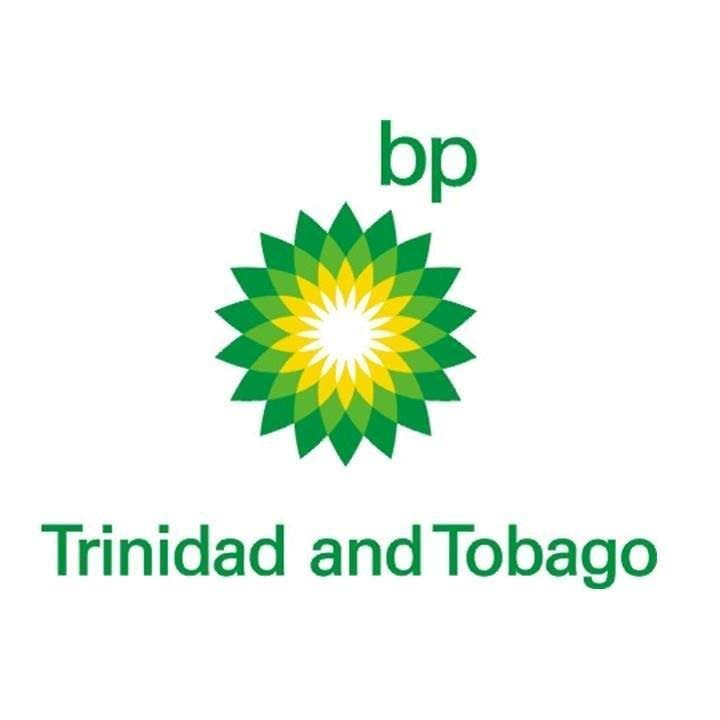(Trinidad Guardian) In what must be a major disappointment for the Government and a sure blow to the country’s economic prospects, bpTT has told the Dr Keith Rowley administration that going forward it should expect much lower than forecasted natural gas production, with the shortfall being as high as 15 per cent this year and over ten per cent until 2024.
In a confidential series of documents which Guardian Media has obtained, bpTT also told the administration that it has sustained significant losses over the last five years, including a whopping $2.825 billion before tax last year.
The documents show that even with the announced projects like Matapal and Cassia C, while they will increase production by about 140 million standard cubic feet per day (mmscf/d) of gas, this will still fall short by an average of over 200 mmscf/d.
To put it into context, that is enough gas to run two methanol plants and more than 60 per cent of all the gas the country needs for electricity generation.
The news could not come at a worse time for the Rowley administration, already faced with the embarrassment of having spent quarter of a billion dollars in a desperate attempt to save Atlantic LNG’s Train 1 that is now likely to be mothballed. Sources said yesterday that Energy Minister Stuart Young will soon make an announcement on Train 1.
Guardian Media has been told the Minister last week asked the shareholders to give him time to take the matter to the Cabinet and put in place a public relations plan around the announcement, which will include the soon to be released improved financial performance of the NGC.
It also comes at a time when S&P Market Intelligence has downgraded the country’s economic outlook.
S&P Market Intelligence said, “The negative outlook reflects our view that there is at least a one-in-three chance we could lower the ratings over the next 12-to-24 months. We expect the decline in energy production to reverse over the next two years, and the economy to return to growth by next year. This uptick should significantly reduce the government’s fiscal deficit and eventually stabilise its net debt-to-GDP figures. However, it remains uncertain whether this improvement will be sufficient to bring per capita income back toward earlier levels, following five years of negative real GDP per capita growth, on a sustained basis.”The release said while Trinidad and Tobago’s expected fiscal consolidation and its sizeable government assets will continue to support the investment-grade rating, S&P still expects “the impact of the COVID-19 pandemic, together with the domestic energy sector downturn that began before, but was exacerbated by the pandemic, will result in per capita income that is 19% lower this year than it was a decade ago.”
As such S&P said, “We are revising our outlook on Trinidad and Tobago to negative from stable and affirming our ratings, including our ‘BBB-’ long-term sovereign credit rating, on the country.”
The following questions were sent to bpTT on the issue:
Can bpTT say whether it has revised its estimates of
natural gas production downwards between now and
2030?
Can bpTT say what has occasioned the lower
projected volumes?
Can bpTT say if it is unlikely to return to the 2bcf/d
before the middle of the decade?
What does this reduced outlook mean for LNG sup
plies to T&T?
Is the limiting factor discoveries or investment?
However, bpTT’s response was guarded.
“We do not comment on long-term forecasts because they include assumptions on exploration and appraisal activity, unsanctioned projects and volumes from developments operated by others. These all carry a degree of uncertainty and are subject to change. Our goal remains to efficiently find and develop resources to satisfy our contractual obligations,” the energy giant said.
The bpTT forecast, which continues until the end of the decade, shows the company will not return to producing the two billion cubic feet of natural gas, thought by industry insiders as the linchpin to the country’s ability to meet all its gas requirements, and unless there are new players with large amounts of natural gas or the country has access to Venezuelan gas, the outlook for LNG and petrochemicals remains challenging.
For the Government, it means loss of opportunity to make money on other major fronts, less taxes on production at the wellhead and less netback prices on either LNG or petrochemicals if the country continues to have natural gas shortages.
bpTT has for decades been the largest single private-sector contributor to government revenue and foreign exchange earnings.
In many ways, the T&T economy has followed the success or failure of the company, from its days as Amoco with its huge oil discoveries off the coast of Mayaro, to the giant natural gas fields like Cassia and Red Mango.
It was based on those natural gas discoveries that the company was able to supply all the gas for the LNG Train 1, that of 500 mmscf/d.
Those days appear now gone and likely with it, any hope of the days of full LNG and petrochemical production.

